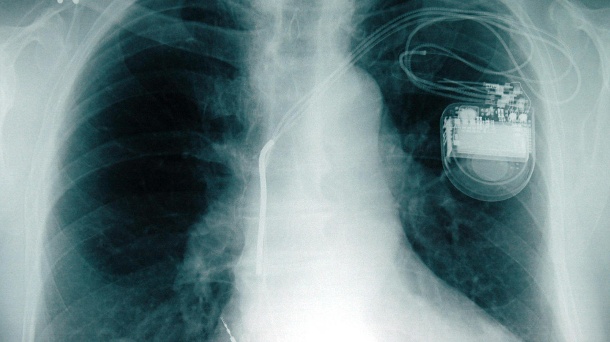
Many patients nowadays carry small computers like pacemakers in their bodies. The devices can transmit data by radio: That may be convenient – but also dangerous.
Not only large medical devices, but also individual aids can in principle be attacked by hackers. For example, pacemakers send a large amount of information to the doctor’s screen via radio or mobile phone network. Even diabetics benefit from the wireless data transmission between blood glucose meter and insulin pump.
For the patients, this is often very comfortable, explained I T-security expert Wolfgang Hommel from the University of the Federal Armed Forces in Munich. “But most people are unaware of the fact that they can be rounded off when things are stupid.”
Digital Medicine: When hacker attacks can kill
Project failed: Google stops research on diabetic contact lens
Help with Diagnoses: How Artificial Intelligence Can Save Lives
So far, not a single specific case is known. But there are many sample hacks with specific medical devices, in which experts such as pacemakers deliver strong current impulses or let insulin pumps inject high doses. Incidentally, former US Vice President Cheney was well aware of this risk at an early stage: for fear of having a stroke many years ago, he deactivated the remote control function on his pacemaker.

